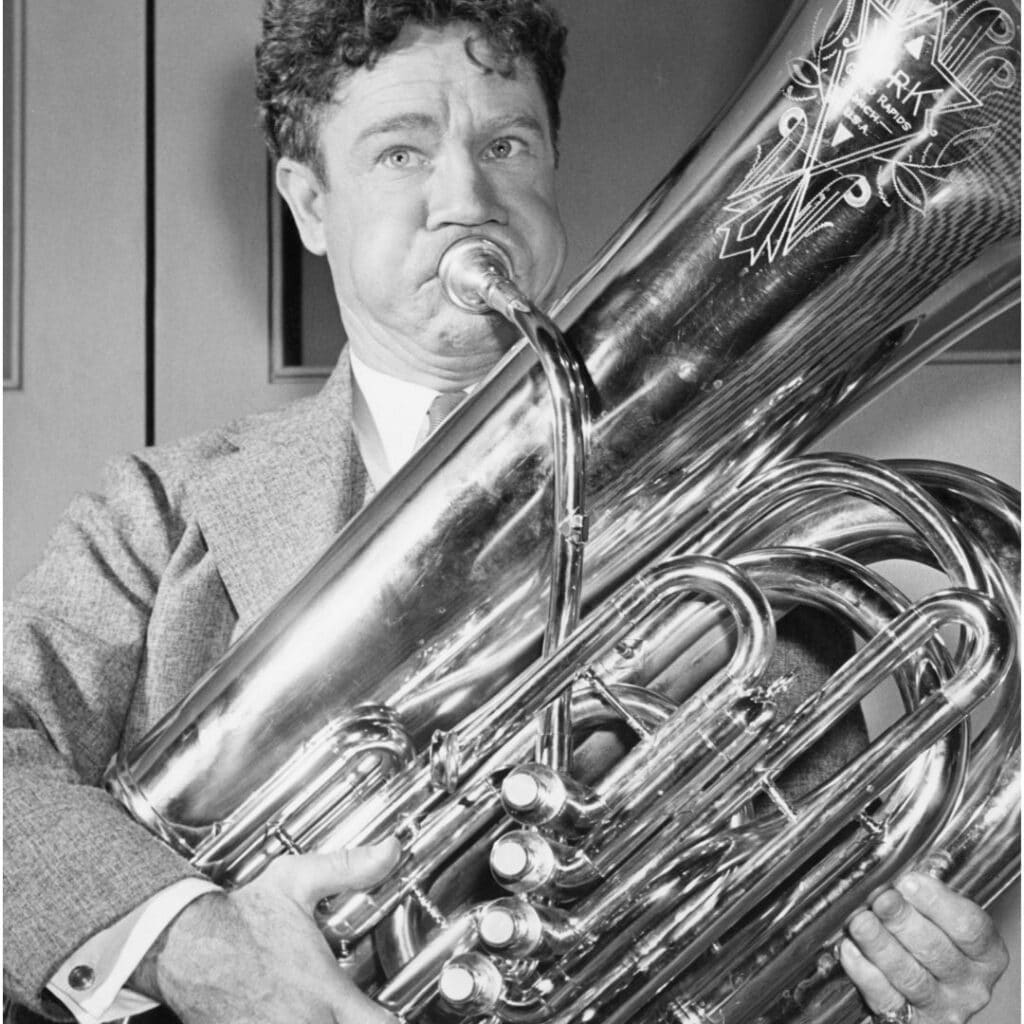When our kids were younger, we often found ourselves in the role of conductor, orchestrating the rhythms and melodies of our children’s lives. But adolescent development often has teens seeking greater independence, taking new risks, and, eager to find their own baton to lead,
The Conductor and the Orchestra
I often say that one of the trickiest parts of raising a teenager is the fact that the same body walks into the kitchen each morning, but, as the parent, you can’t alway tell who’s living inside. This is because teens, like all humans, have multiple sides to themselves.
Within the same growing adolescent may lie
- an achiever,
- a problem-solver,
- a lawyer ready to argue their case,
- a procrastinator,
- an organizer,
- a day-dreamer,
- a loyal friend,
- a tender child,
- a clown,
- a deep-feeler,
- a perfectionist,
- a showman,
- and plenty more versions of themselves that emerge solo or in concert with each other.
It can help to think of the whole and complete version of each person like an orchestra. Each part is like an instrument or maybe a section in the orchestra. On the conductor’s podium stands the “self”, the essence of the individual whose job it is to guide all of the different parts in harmony.
During childhood, parents typically assume the role of conductor for their kids, guiding their children through various tasks and social settings. But as adolescence dawns, the teen begins to develop their own sense of self-conducting, seeking autonomy and identity.
Navigating the Cacophony
Trouble lies in the fact that, thanks to uneven brain development, teens don’t yet have a reliable conductor.
As a result, there can be competition amongst the musicians for who gets to play and when. Teens may feel like their entire being is the tuba one day and the violin the next.

This lack of consistent direction can result in emotional swings and challenges in self-perception. Teens may struggle to zoom out from their emotions and recognize that, at any given moment, what they are experiencing may be just one part of the orchestra.
Parental Guidance in the Symphony of Adolescence
Thus, parents are left with the difficult tasks of a) serving as conductor a for chaotic and reluctant teen orchestra, b) knowing how to recognize when a teen’s own conductor is starting to emerge, and c) incrementally handing over the conducting duties to the teen themselves in ways that are safe and affirming.
Coaching Can Help Families Remain Harmonious and Teens Grow Into Self-Leadership
As a parent coach, I help my parent clients with the following, all of which contribute to a smooth transition of conductor status:
- Understanding the Teen Brain: Recognizing the distinct cognitive and emotional development of adolescents lays the groundwork for effective parenting.
- Effective Communication: Employing communication tools that promote self-leadership facilitates genuine connection and mutual respect between parent and child.
- Setting Boundaries: Establishing clear boundaries while allowing room for exploration empowers teens to develop their own conductor skills within safe parameters.
- Accounting for Roadblocks: Preparing for hurdles that could hinder a teen’s ability to assume conductor status or a parent’s willingness to relinquish the role can help keep the transition of leadership on track and can keep the parent-child relationship strong.
How’s the music in your household?
Is your teen (and by extension, are you) dealing with sour notes and competing soloists? If so, please reach out!
There’s a symphony waiting inside of your teen. I truly believe that.








 Navigating Teen Relationships: Helping Your Teen Recognize Signs of Unhealthy Dynamics
Navigating Teen Relationships: Helping Your Teen Recognize Signs of Unhealthy Dynamics
Leave a Reply